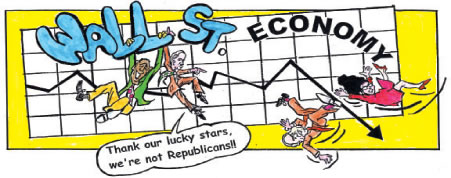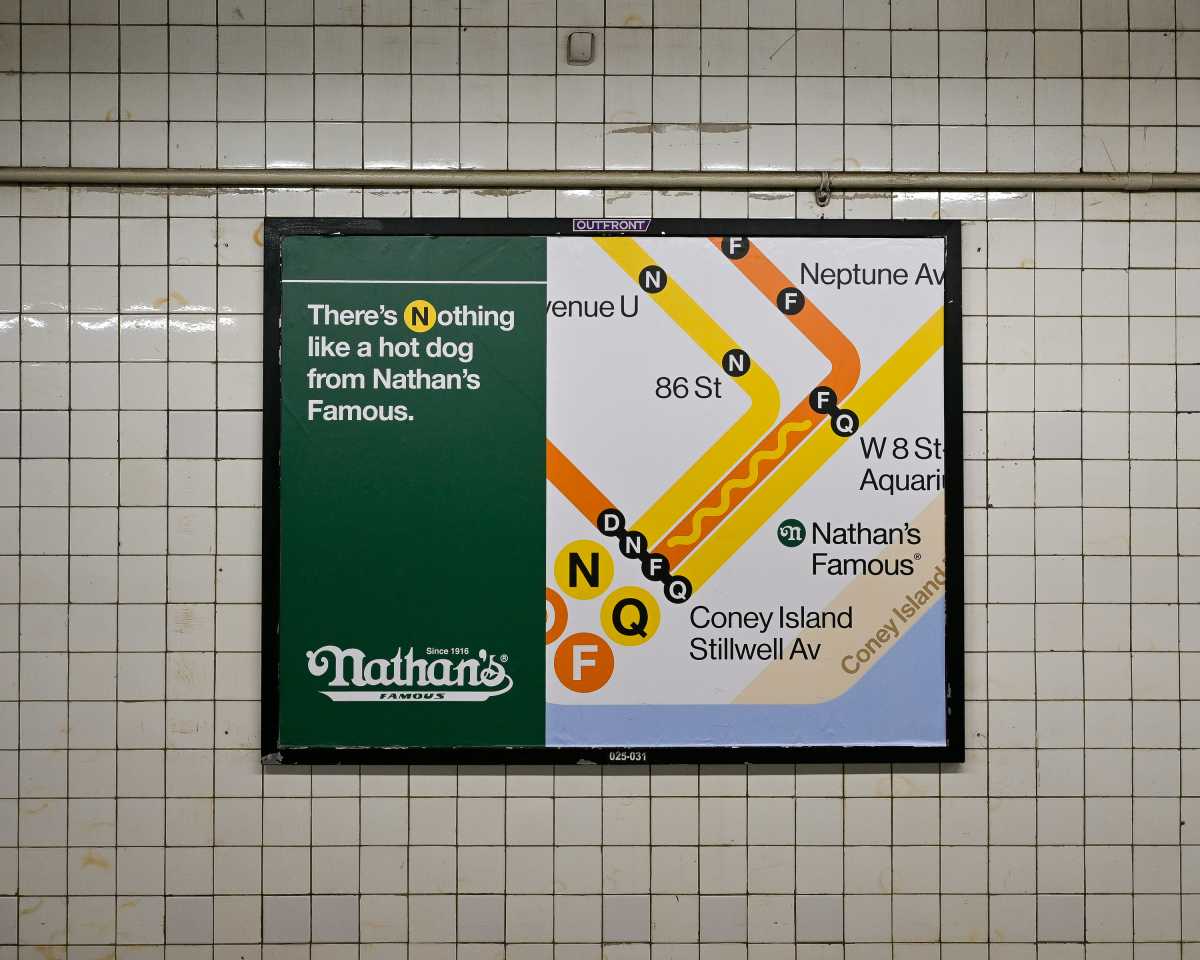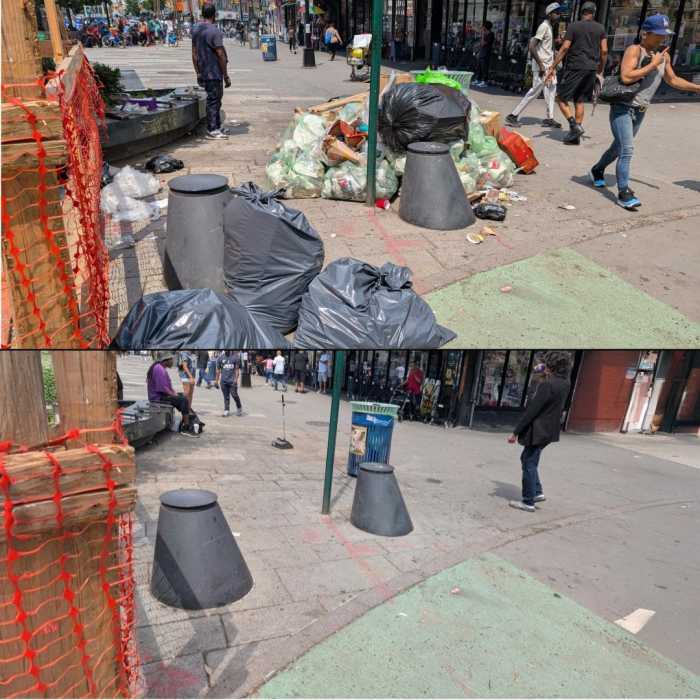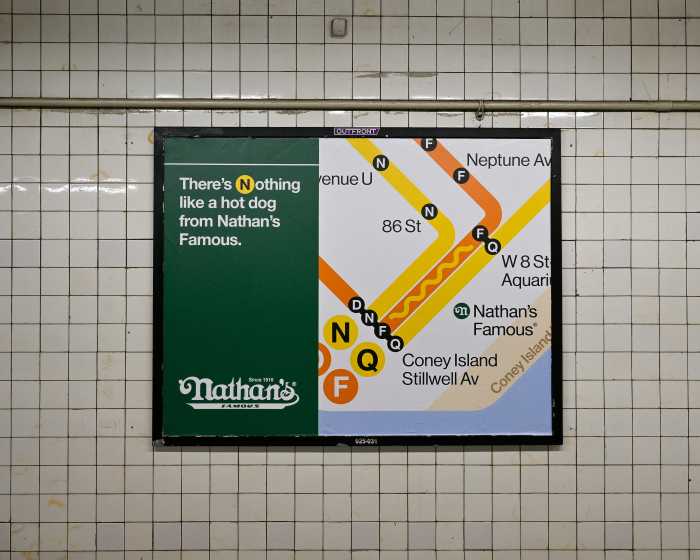By RUTH VINCENT
In advance of 2009 move, Poets House previews Battery Park City
When poet Stanley Kunitz founded Poets House, a 50,000-volume poetry library and literary center, with arts administrator Elizabeth Kray, he envisioned it as a “house of hospitality, as well as a house of books.” Since opening in 1986, Poets House has grown from makeshift locations in home economics classrooms to the sunny, quiet Spring Street loft it inhabited for over a decade. Now Poets House will have a permanent home: a brand new, eco-friendly, purpose-built poetry space at 10 River Terrace, in Battery Park City, guaranteed rent-free until 2069 by the Battery Park City Authority.
To celebrate the upcoming move, which will take place in 2009, Poets House will host “Poets House in Battery Park City” on October 11, a day of free preview festivities showcasing New York’s plentiful and diverse poetic tradition, including readings by Charles Simic, John Yau, Patricia Smith, Edward Field and Joan Larkin.
I spoke with Poets House Executive Director, Lee Briccetti, and Publicity Director Suzanne Wise – both poets in their own right – about Poets House’s evolving mission to make a place for poetry.
Ruth Vincent: What are the biggest challenges facing poetry today?
Suzanne Wise: From our perspective, at least one of the biggest challenges facing poetry is finding a place for itself in culture and everyday life. Poetry is one of oldest and most powerful forms of creative expression and it can enrich all walks of life. Yet many people don’t have much contact with poetry. Poets House was started with the aim of creating a place for poetry-both a physical structure that contains poetry books and where poets can meet to exchange ideas but also a place in the hearts and minds of the populous at large.
If someone visits Poets House who doesn’t usually have much contact with poetry, what would you hope they would get from the experience?
Lee Bricetti: We give people the opportunity to bump into poetry and experience it with pleasure and understanding. We encourage people to experience poetry with pleasure. It’s not an elitist art. There’s something in this art form for everyone. I think what impresses people (when they visit) is the warmth and vitality of poetry; it’s alive and well, and there’s a lot of it. Also, Poets House is so much about place. We want people to feel this gesture of home and comfort.
Your library focuses on contemporary American poetry. What trends or new developments have you observed in contemporary American poetry that you find exciting?
Wise: Since the 1940s and ’50s, American poetry has become increasingly decentralized. No longer are the East and West coasts the sole bastions of poetic activity. Because of the accessibility of desktop publishing and the internet, poets across the country have been able to start their own magazines, publish their own books and organized their own readings. This has resulted in phenomenal diversity of aesthetic styles and subjects as well as of communities. It has also made the field of poetry more democratic. Whether you went to an MFA program or learned to be a poet from spoken-word traditions, such as rap and hip-hop, you can find your place as a poet in the world. And as poetry readers and listeners, we now have such a rich, wide-ranging abundance to sample from…this is a golden age of poetry.
Tell me about the new space. What does the space in Battery Park City provide that the old space didn’t?
Briccetti: We have sustainability; we can plan on being in the Battery Park City space for 60 years through this rent-free lease granted by the Battery Park City Authority. This will really allow Poets House to plan for the future. It doesn’t happened often for a nonprofit to be secure, rent free, in the same permanent home for 60 years. It means we know we’re building a poetry library for the next three generations.
The new space also allows for much greater program capacity. We will have a state-of-the-art programming hall dedicated to poetry related performances, a multidisciplinary exhibition space, a whimsical children’s room that will enable us to expand our programs for children, open access multimedia archives, a spacious reading room and poetry enriched lobby with a Calder mobile. The poetry library overlooks the Hudson River. The conference room overlooks the Statue of Liberty. It’s a beautiful place to refresh your soul in poetry.
If you could, quote a poem that you feel reflects where Poets House finds itself at the beginning of the 21st century?
Wise: Here is an Emily Dickinson poem:
I dwell in Possibility–
A fairer House than Prose–
More numerous of Window–
Superior–for Doors–
Of Chambers as the Cedars–
Impregnable of Eye–
And for an Everlasting Roof
The Gambrels of the Sky–
Of Visitors–the fairest–
For Occupation—This–
The spreading wide my narrow Hands
To gather Paradise–
I’m not sure Dickinson had in mind multidisciplinary exhibition spaces or multimedia archives when she envisioned her “House”, but it’s certain that Stanley Kunitz and Elizabeth Kray’s mission to make “a place for poetry” is alive and well in Battery Park City.
“Poets House in Battery Park City” Preview Festivities
Saturday, October 11
All events begin or take place at The Bandshell, Nelson A. Rockefeller Park.
Free (no reservations required).
11:00 a.m: “Your Song is a Map of the City” – interactive poetry walking tour for children and adults with poet and teacher Chris Martin.
1:00 p.m: “Poetry Walking Tours of Battery Park City” – literary tours of the neighborhood led by Poets House staff.
3:00 p.m: “Ode to the City: A Poetic Fanfare for New York City” – outdoor readings by poets Charles Simic, John Yau, Patricia Smith, Edward Field, and Joan Larkin.
For more info, (212) 431-7920 or poetshouse.org.






































